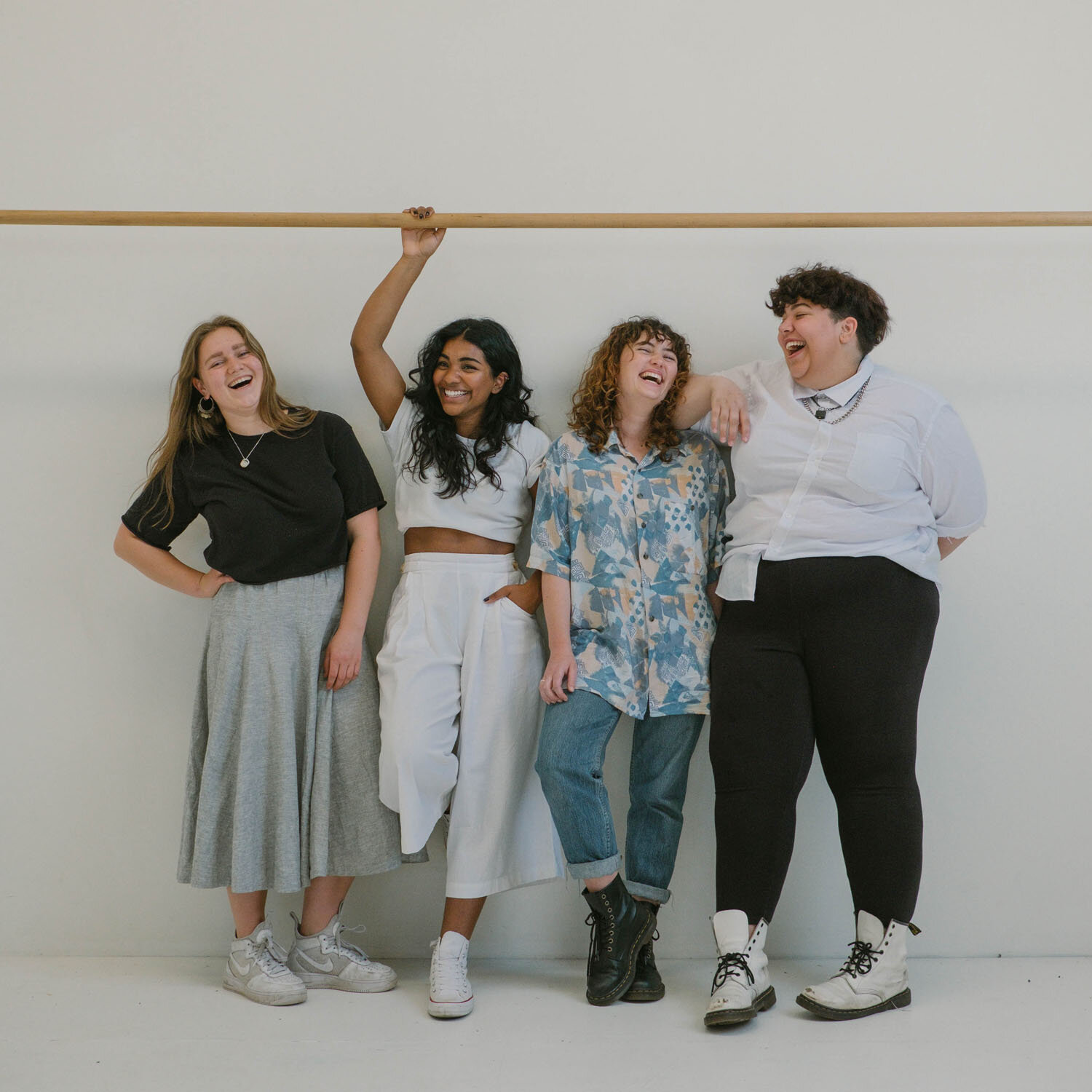Authentic Youth Engagement, Not Lip Service
Having previously represented children in dependency proceedings, I witnessed firsthand the importance of youth being involved in court proceedings. As the state’s child advocate, I realize the same importance of engaging youth in system improvement. We aren’t here to give lip service to children and their families.
If we mean what we say about engagement, we must take action to foster it. Authentic engagement involves meeting youth where they are and showing them that they matter. It can take time and effort, but it’s worth it, especially when that engagement means that youth build resilience, self-esteem, and leadership skills.
Authentic youth engagement also involves giving youth their own bullhorn. In doing so, we must step back, listen and learn, and offer support:
Step back: One young lady said, “I have been that youth before that knew what I thought was best for me. Leaving a foster home at 17 to move into an apartment to start college even though I wasn’t 18. Many adults didn’t think it was best. But I knew it was best for me. I’m grateful I was listened to.” This same young lady is now in her senior year of college and has become a strong advocate for herself and others.
Listen and learn: As part of a training series focused on permanency, a youth panel speaks to multidisciplinary teams from multiple jurisdictions about their experiences with permanency, what permanency means to them, and their thoughts for how all front-line professionals can better engage youth and support them toward permanency.
Offer support: One young lady, at age 18, had not been in care long but had strong desires about her placement. She wrote a letter about herself and what she wanted, which was shared with potential placements. She also researched placements, identified one that she liked, and was accepted by that placement. Her adult supporters empowered her to take ownership of a decision that will have a significant impact on her life and encouraged her to continue on her path of making choices that would benefit her now and in the future.
Giving youth their own bullhorn: A 16-year-old, with the support of her attorney, requested a hearing to talk with the judge about her educational concerns. Even though she didn’t get the outcome she wanted, she felt valued, heard, and respected—a huge win. Today, she is in her 20s, obtained a college degree, and is pursuing her passions.
When asked, “What does it mean to you to have a space for your voice to be heard and to advocate for others?” One young lady responded: “To have a specific and dedicated ability to be able to say what I want. Free of judgment and harsh criticism. But, also a place where those who are listening are understanding and those who don’t understand are willing to learn and understand.”
By handing this youth a bullhorn, she sees that what she has to say matters and she is helping others to see that they matter, too.
*names and personal information have been tweaked to preserve the privacy of the people in the stories.

